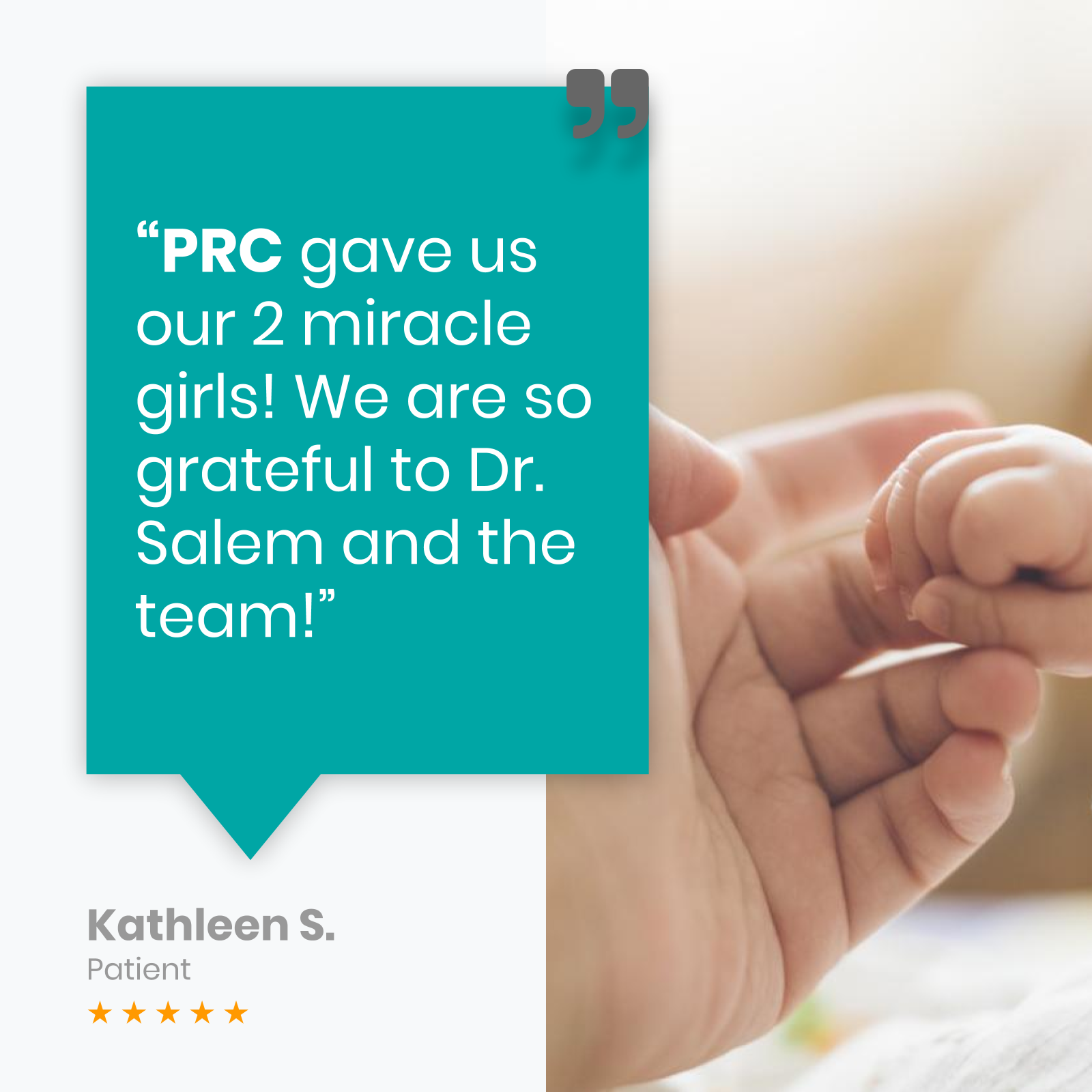In vitro fertilization (IVF) hormone shots are a critical component of the IVF injection process, designed to stimulate the ovaries and prepare them for egg retrieval. This phase of the IVF medication protocol typically involves daily injections, which can be administered at home with proper training and guidance.
While the IVF injection process may seem daunting, it is a carefully managed part of the treatment plan to optimize your chances of success.
It is important to be aware of the potential fertility shot side effects, which can include bloating, mood swings, and mild discomfort at the injection site. At Pacific Reproductive Center, our medical team will provide you with detailed instructions on how to manage these side effects and will be available to support you throughout the process.
Remember, the IVF hormone shots are a vital step towards achieving your goal of parenthood, and with the right care and support, you can navigate this journey with confidence and resilience.
The Purpose of IVF Injections
In Vitro Fertilization (IVF) is a complex process designed to overcome reproductive challenges in individuals and couples when natural conception is unsuccessful. A crucial component of IVF fertility treatments involves hormone injections, which play an essential role in optimizing reproductive function and enhancing the chances of successful fertilization.
These injections are meticulously timed and administered to regulate the menstrual cycle, stimulate the ovaries, and prepare the uterus for embryo implantation. Understanding the purpose and function of these injections can provide clarity and reassurance to those undergoing IVF treatment.
Stimulating Egg Production
Egg production is a fundamental aspect of successful IVF treatment. The primary goal of hormone injections in this context is to stimulate the ovaries to produce multiple eggs. Unlike natural ovulation, where typically only one egg is released per cycle, IVF requires multiple eggs to increase the chances of fertilization and healthy embryo development.
Preventing Premature Ovulation
Premature ovulation can significantly hinder the success of IVF by releasing eggs before they can be collected for fertilization. To prevent this, GnRH agonists or antagonists are used.
These medications suppress the natural surge of luteinizing hormone (LH) that triggers ovulation. By maintaining a stable hormonal environment, these injections ensure that the eggs continue to mature without being released prematurely. This controlled suppression allows for precise timing of the egg retrieval process, which is critical for the success of the IVF treatment.
Triggering Final Egg Maturation
The final maturation of eggs is a crucial step in the IVF process. A trigger shot, typically containing human chorionic gonadotropin (hCG) or a GnRH agonist, is administered to induce the final stages of egg maturation. This injection mimics the natural LH surge, prompting the eggs to complete their development and become ready for fertilization.
The timing of this injection is meticulously planned based on ultrasound and hormone level monitoring to ensure optimal egg maturity at the time of retrieval. Properly matured eggs have a higher chance of being fertilized and developing into healthy embryos.
Supporting Embryo Implantation
After fertilization and the development of embryos in the laboratory, the next critical step is embryo implantation. The success of this process depends significantly on the readiness of the uterine lining.
Progesterone injections or suppositories are used to prepare the endometrium, making it more receptive to the embryo. Progesterone thickens the uterine lining, creating an ideal environment for the embryo to implant and grow. This support is vital in the early stages of pregnancy, ensuring that the embryo has a nurturing environment to develop and thrive.
Types of IVF Injections and Medications
The IVF process involves several types of hormone injections and medications, each serving a specific purpose in the treatment cycle.
Follicle-Stimulating Hormone (FSH) Medications
Follicle-Stimulating Hormone (FSH) medications are a cornerstone of IVF treatment. These hormones are responsible for stimulating the ovaries to develop multiple follicles, each containing an egg.
FSH medications are typically administered daily, starting at the beginning of the menstrual cycle, to promote the growth of multiple follicles. The dosage and duration of FSH treatment are carefully monitored and adjusted based on the patient’s response, ensuring optimal follicular development.
Luteinizing Hormone (LH) Medication
Luteinizing Hormone (LH) plays a supportive role in the stimulation phase of IVF. While FSH primarily drives follicular development, LH helps in the final stages of egg maturation.
LH injections are usually administered in conjunction with FSH, particularly in patients who may have a deficiency in natural LH production.
GnRH Antagonists and Agonists
GnRH antagonists and agonists are used to prevent premature ovulation. GnRH agonists, like Lupron, work by initially stimulating the release of FSH and LH before causing a prolonged suppression of these hormones.
GnRH antagonists directly inhibit the release of LH without the initial stimulation. These medications are introduced after the initial phase of stimulation to prevent the natural LH surge that could trigger premature ovulation.
Trigger Shot Options
The trigger shot is a critical component of the IVF process, used to induce the final maturation of the eggs.
The choice of trigger shot depends on the individual patient’s response to stimulation and the specific protocol used by the reproductive endocrinologist. The trigger shot is administered when the follicles have reached the optimal size, typically 34-36 hours before the scheduled egg retrieval.
Progesterone Supplements
Progesterone is essential for supporting the uterine lining and preparing it for embryo implantation. After egg retrieval, progesterone supplements are administered to maintain the endometrial lining and support early pregnancy. These supplements can be administered via injection or inserted vaginally.
Progesterone ensures that the uterine environment is conducive to embryo implantation and early embryonic development, increasing the chances of a successful pregnancy.
Side Effects and Management
While IVF injections are generally safe, they can cause some side effects. Understanding these potential side effects and how to manage them can help patients navigate their treatment with greater ease.
Common Side Effects of Stimulation Medications
- Hot flashes: Sudden feelings of warmth, often accompanied by sweating.
- Depressed mood: Feelings of sadness or emotional sensitivity.
- Headaches: Mild to moderate headaches may occur.
- Restlessness: A sense of unease or inability to relax.
- Nausea: Feelings of queasiness or stomach discomfort.
- Bloating: Abdominal fullness or swelling due to fluid retention.
- Lower abdominal sensitivity: Tenderness or discomfort in the lower abdomen.
Managing Injection Site Discomfort
To minimize discomfort at the injection site, patients can use techniques such as applying a warm compress before the injection and a cold compress afterward. Rotating injection sites and using proper injection techniques can also help reduce irritation. It’s essential to follow the healthcare provider’s instructions for administering injections to ensure they are done correctly and safely.
Monitoring for Ovarian Hyperstimulation Syndrome
Ovarian Hyperstimulation Syndrome (OHSS) is a potential complication of IVF treatment. When the ovaries overdevelop eggs, it can lead to distention and potentially serious medical complications.
Symptoms of OHSS include severe bloating, abdominal pain, nausea, vomiting, and shortness of breath. Patients are closely monitored for signs of OHSS, and adjustments to the treatment protocol may be made to mitigate the risk.
Pacific Reproductive Center: Personalized Medication Protocols
At Pacific Reproductive Center, we understand that each patient’s journey is unique. Our team of caring professionals offers in-depth consulting and personalized medication protocols tailored to your specific needs, goals, fertility challenges, and medical history.
With a commitment to exceptional outcomes, Pacific Reproductive Center boasts success rates that exceed the national average. If you are struggling with fertility, we encourage you to contact us today to schedule a consultation at one of our convenient locations. Our dedicated team is here to support you every step of the way on your path to parenthood.
Treatments
Pacific Reproductive Center has been successfully aiding conception for over two decades. We optimize the conditions of fertility treatment to give every potential parent the greatest chance of successful childbirth.
Resources
We ensure that every patient fully understands their medical condition and treatment options available to them. We understand each patient is unique so we help guide you through the best option to support your own fertility journey.
Looking for the Best Fertility Clinic in Southern California?
Pacific Reproductive Center has four convenient locations throughout Southern California, making it easy for patients to receive quality care close to home. Each IVF fertility center has an on-site lab, next-generation services, and state-of-the-art equipment.
Whether in Glendale, Torrance, Irvine, or Corona, our world-class fertility doctors can help you build the family you’ve always wanted.
3720 Lomita Blvd, Suite 200 Torrance, CA 90505
116 E. Broadway, Suite 300 Glendale, CA 91205
10 Post Irvine, CA 92618
381 Corporate Terrace Corona, CA 92879




